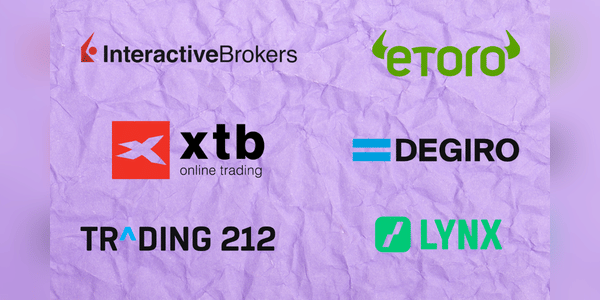A topic that arouses a lot of emotions - am I really a shareholder? Are my investments safe in case of a problem? This article will bring you a concrete answer to this question in the form of brokers' statements!

Few questions bring as much ambiguity, inaccuracy and confusion as this one. What makes it even worse is that there is either fragmented or unverified information on the internet. So I asked the support of six of the most widely used brokers and bring you a comprehensive list of answers. Do we really own the shares?
I asked all the brokers the same question:
I would like to ask the question of stock ownership. There is mixed information on the Internet. Who (or in what form) owns the shares when buying on your platform? Especially from a tax and accounting perspective.
I have sent an English equivalent to brokers without Czech support, accompanied by a request for a reply for an investor from the Czech Republic …
Please!! note that this is not financial advice Every investment must go through a thorough analysis....
great
This Good Information, Thank's!!!